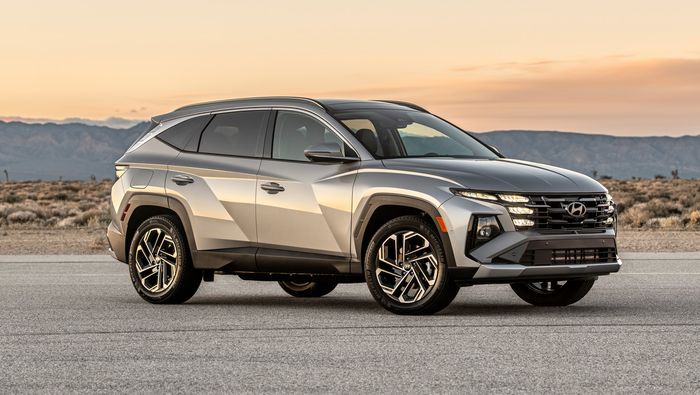Aytyapi Insights
Exploring the latest trends and updates in technology and lifestyle.
Hybrid Cars: A Fuel Efficiency Love Story
Discover the romance between cutting-edge technology and fuel efficiency in hybrid cars. Join the journey to greener driving today!
How Do Hybrid Cars Achieve Superior Fuel Efficiency?
Hybrid cars achieve superior fuel efficiency by utilizing a combination of a traditional internal combustion engine and an electric motor. This dual-system allows them to optimize energy use and reduce fuel consumption. When accelerating, hybrid vehicles typically rely more on their electric motor, which significantly decreases the amount of fuel burned. Additionally, many hybrids feature regenerative braking, a process that captures the energy usually lost during braking and converts it back into electricity to recharge the battery. This innovation enhances overall efficiency, making hybrids an attractive option for eco-conscious drivers. For more details on hybrid technology, visit Energy.gov.
Another factor contributing to the fuel efficiency of hybrid cars is their automatic energy management system. This system intelligently switches between the electric motor and gas engine based on driving conditions, ensuring that the vehicle uses the most efficient power source at all times. Furthermore, hybrids often come equipped with lighter materials and advanced aerodynamics, which reduce drag and improve fuel economy. As a result, these vehicles typically achieve miles per gallon (MPG) rates that outperform traditional gas-powered cars. For an in-depth comparison of fuel efficiency among different car types, check out the article from FuelEconomy.gov.

Top 5 Benefits of Driving a Hybrid Car
Driving a hybrid car offers numerous advantages that contribute to both environmental sustainability and cost savings. One of the most significant benefits is the improved fuel efficiency. Hybrid vehicles combine an internal combustion engine with an electric motor, resulting in better miles per gallon compared to traditional gasoline-powered cars. According to the EPA, many hybrids can achieve over 50 miles per gallon, making them a smart choice for eco-conscious drivers.
Another key benefit is the reduced carbon footprint. By consuming less fuel and relying on battery power, hybrids produce fewer emissions, helping to combat climate change. Additionally, many hybrid cars come equipped with advanced technology that enhances their efficiency, such as regenerative braking and start-stop systems. For more information on how hybrids contribute to a greener planet, check out this article from NRDC.
Are Hybrid Cars Really Worth the Investment?
When considering whether hybrid cars are worth the investment, it's essential to evaluate both the environmental and financial aspects. Hybrid vehicles combine an internal combustion engine with an electric motor, resulting in improved fuel efficiency and reduced emissions compared to traditional gasoline-powered cars. This means that not only do you contribute to a cleaner environment, but you'll also spend less on fuel over time. Moreover, many states and countries offer incentives, such as tax credits and rebates, which can lower the initial purchase price significantly.
However, it's important to consider the potential drawbacks as well. Hybrid cars typically have higher upfront costs, and maintenance may sometimes be more expensive than that of conventional vehicles due to their complex technology. According to a study by Edmunds, while hybrid cars can save you money on fuel, the payback period may take several years depending on your driving habits and fuel prices. Ultimately, if you prioritize sustainability and long-term savings, investing in a hybrid car can be a wise decision.